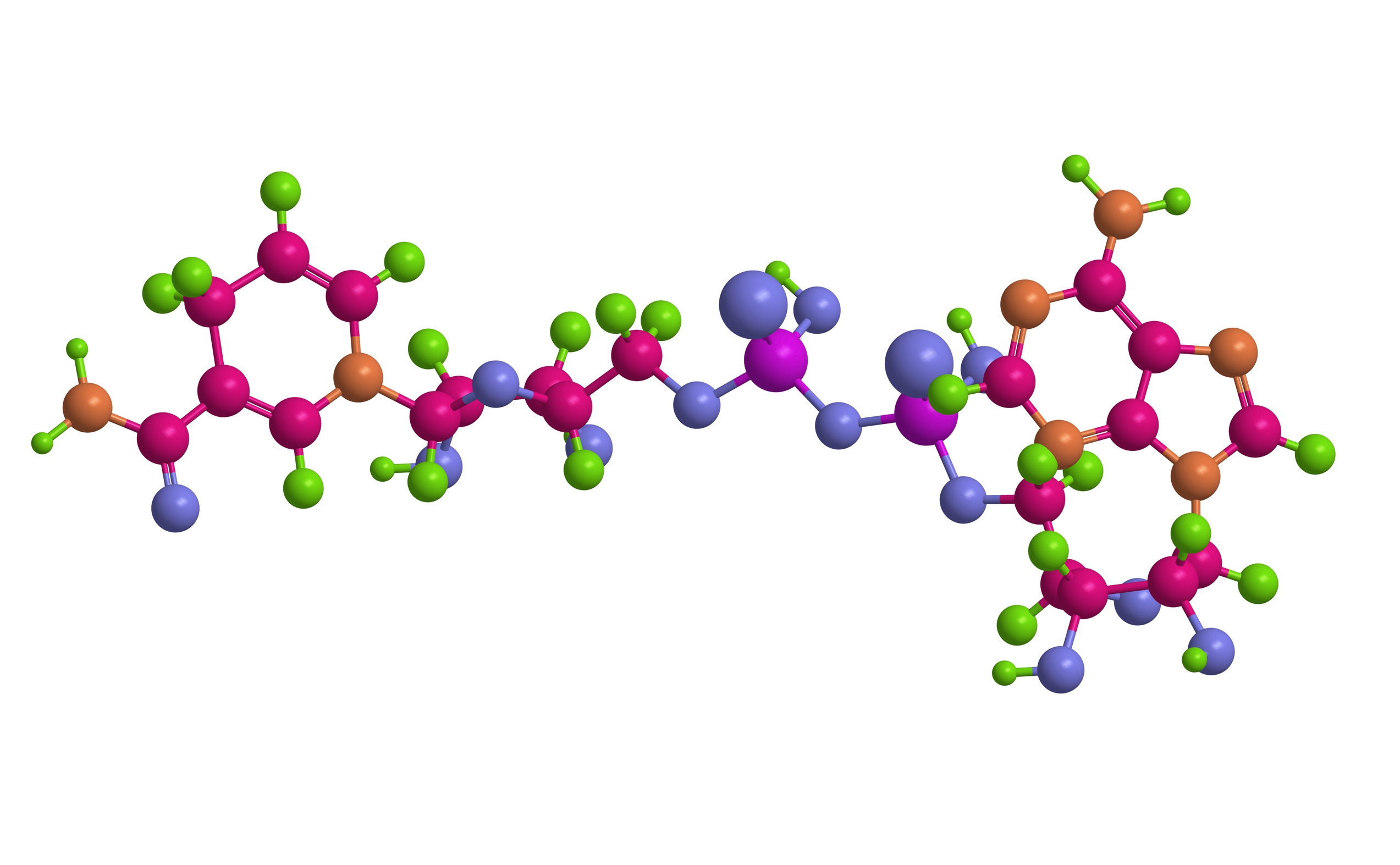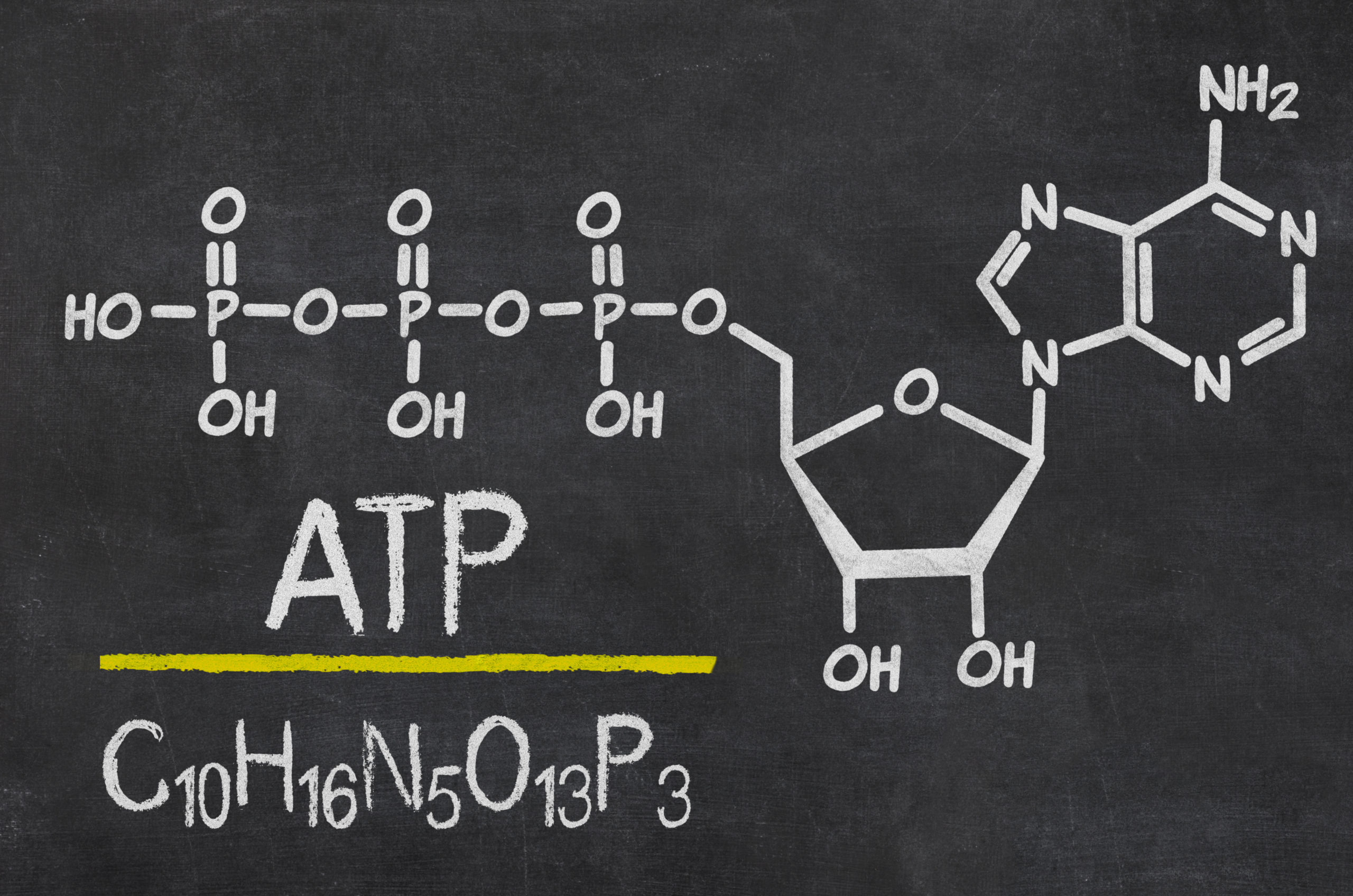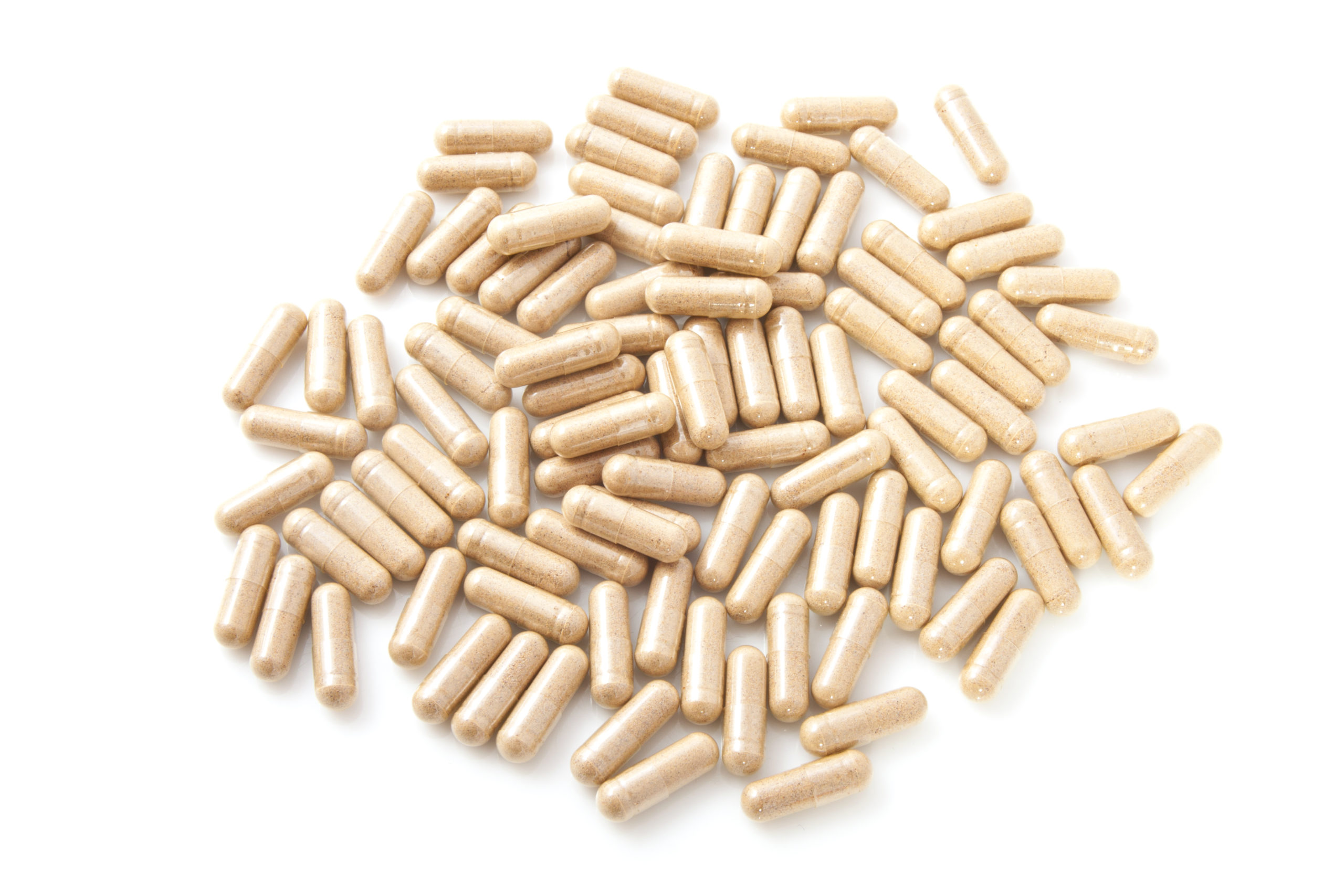You’ve probably heard about NAD+, but do you really know its significance? It’s more than just a buzzword in the health science community. As an essential player in your cellular health and aging processes, it’s high time you understood how this mighty molecule works. So pull up a chair, we’re diving into the nitty-gritty of NAD+ and its pivotal role in your well-being.
Understanding NAD+ and Its Importance
Let’s dive into understanding NAD+ and why it’s so crucial for our cells’ health. NAD+, or Nicotinamide Adenine Dinucleotide, is a coenzyme found in all living cells. It’s essential in metabolic processes that convert food into energy (Verdin, 2015). This biological process, known as NAD+ metabolism, involves complex biochemical reactions where NAD+ is broken down and reassembled.

The creation of new NAD+, termed ‘NAD+ Synthesis’, occurs using either the De Novo or Salvage pathways (Belenky et al., 2007). The De Novo pathway creates NAD+ from simple building blocks like amino acids. In contrast, the Salvage pathway recycles components from old NAD+.
However, as you age, your body’s ability to synthesize NAD+ declines (Mouchiroud et al., 2013). This decrease can lead to cellular damage and aging-related diseases such as neurodegenerative disorders and cancer. Understanding this intricate balance of synthesis and metabolism is key to harnessing the power of NAD+ for better cellular health.
Keep learning more about how optimizing your body’s own production and use of this vital molecule can contribute to longevity and disease resistance.
The Biochemical Structure of NAD
Diving into the biochemical structure, it’s fascinating to see how crucial this coenzyme is for numerous metabolic reactions. NAD+ plays a key role in both biosynthesis and metabolism within cells.
To break down the complex science behind it:
– NAD+ Biosynthesis:
– It begins with tryptophan or niacin (vitamin B3). These precursors undergo multiple enzymatic steps to transform into NAD+. The specifics are determined by which pathway you’re looking at: de novo or salvage.
– De novo synthesis starts with tryptophan whereas salvage uses niacin/niacinamide.
– NAD+ Metabolism:
– This refers to how NAD+ is broken down and recycled within cells. Enzymes such as PARPs and Sirtuins play a part in regulating this process (Bogan & Brenner, 2008).
Understanding these processes gives insight into why maintaining adequate levels of NAD+ is vital for cellular health. There’s ongoing research on interventions that could enhance NAD+ biosynthesis or slow its metabolism (Verdin, 2015). Such strategies may hold promise for addressing age-related declines in cellular function. So while it might seem like just another molecule, remember that it’s one carrying out critical duties in your body!
The Role of NAD+ in Cellular Health
You’re probably curious about how this coenzyme contributes to the wellbeing of your cells, aren’t you? The role of NAD+ in cellular health is pivotal. It’s a critical player in cellular energy production, acting as an electron transporter within the mitochondria, your cells’ powerhouses (Verdin E., 2015). By shuttling electrons from one reaction to another, it supports the oxidative phosphorylation process that generates adenosine triphosphate (ATP), your body’s primary energy currency.

But NAD+ isn’t just about energy. It also has a significant part in fitness and maintaining overall health. Your muscles require a steady supply of ATP during exercise and it’s here where NAD+ steps up its game. Higher levels of this coenzyme have been linked to enhanced physical performance and endurance (Canto C., et al., 2015).
Moreover, NAD+ plays essential roles in DNA repair and cell signaling, further contributing to cellular health. However, its levels decline with age which can negatively impact these processes (Braidy N., et al., 2011). Hence why researchers are exploring ways to boost NAD+ levels therapeutically.
The Impact of NAD+ on Aging Cells
You’re about to delve into the intricate science of NAD+ and its potential role in reversing cellular aging. Research has shown that as cells age, there’s a noted deficiency in NAD+, a vital coenzyme involved in numerous biological processes including DNA repair, energy metabolism, and cell signaling (Verdin E., 2015). Furthermore, recent studies suggest that supplementation with NAD+ boosters may serve as an effective anti-aging strategy by replenishing depleted levels of this crucial molecule and potentially promoting healthier aging at a cellular level (Rajman L., Chwalek K., Sinclair D.A., 2018).
NAD+ Reversing Cellular Aging
It’s fascinating to know that NAD+ could potentially reverse cellular aging, isn’t it? This crucial coenzyme is a key player in the biological processes of your cells. There are two primary ways you can increase your NAD+ levels: diet and exercise.
* Diet:
* Certain foods, rich in niacin (Vitamin B3), like chicken, tuna, and peanuts, can increase your body’s NAD+ levels.
* A study by Canto et al. (2012) revealed that consuming a high fat and low carb diet might also boost NAD+ production.
* Exercise:
* Regular physical activity stimulates the production of an enzyme called ‘Nampt’, which is essential for creating more NAD+.
Aging Cells: NAD+ Deficiency
After understanding how NAD+ can reverse cellular aging, let’s delve into the downside of aging cells: NAD+ deficiency. As you age, your cells naturally produce less NAD+, leading to a myriad of health and cognitive problems (Braidy et al., 2011). Specifically, diminishing levels of NAD+ negatively impact skin health and cognitive functions. Topical application of skincare products infused with NAD+ has been shown to boost its levels in the skin, thereby improving cellular health and visibly reducing signs of aging (Dellinger et al., 2017). Moreover, numerous studies illustrate that supplementation with precursors to help restore optimal levels of NAD+ can bolster cognition (Gong et al., 2013). Therefore, managing your body’s NAD+ could be key to maintaining youthful skin and sharp cognition as you age.
NAD+ Supplements: Anti-aging?
So, let’s shift gears and explore if NAD+ supplements hold the potential to be an effective anti-aging solution. Studies have shown that NAD+ regulation plays a significant role in aging cells by facilitating energy production and DNA repair. However, there’s more to consider when looking at supplement safety.
NAD+ Supplements*
* They can help replenish declining NAD+ levels associated with aging.
* Recent research suggests they might improve mitochondrial function (Zhang et al., 2016).
* But, there are concerns about their long-term safety.
NAD+ Supplementation and Health Benefits
NAD+ supplementation’s been linked to numerous health benefits, including improved cellular health and longevity. You see, NAD+ is vital for energy production in your cells; it acts as a coenzyme in redox reactions, facilitating the transfer of electrons from one molecule to another (Bogan & Brenner, 2008). As you age, your body’s NAD+ levels naturally decline. Supplementing with NAD+ can help replenish these dwindling supplies.
Now let’s talk about NAD+ dosage and supplement safety. While there aren’t any universally accepted guidelines on the optimal dose of oral NAD+, studies suggest that doses ranging from 100mg to 1g per day are generally safe and well-tolerated (Dellinger et al., 2017). However, like any supplement, it may interact with certain medications or cause side effects in some individuals.

Remember though – before starting any new supplement regimen especially one involving something as potent as NAD+, consult your healthcare provider. They’ll be able to guide you towards an appropriate dose based on your personal health profile and needs. Additionally, they can monitor any potential adverse reactions or interactions with other treatments you’re receiving.
The Future of NAD+ Research in Health Science
You’re on the cusp of cutting-edge research fields where NAD+, a crucial coenzyme in cellular metabolic processes, is rapidly gaining recognition. With the role of NAD+ in preventive medicine being increasingly understood, you’ll find that its potential for disease mitigation and health optimization is substantial (Johnson et al., 2018). It’s an exciting time as technological advances pave the way for more detailed investigations into this molecule’s impacts on human biology and how we can harness its benefits effectively.
Emerging NAD+ Research Fields
New fields of research are emerging that’ll give you a deeper understanding of how NAD+ impacts cellular health. Specifically, studies on NAD+ biosynthesis and the role it plays in cellular senescence have been gaining traction.
– NAD+ Biosynthesis
– Researchers are delving into the enzymatic steps involved in NAD+ synthesis and their regulatory mechanisms (Canto et al., 2015).
– Understanding these processes could lead to novel therapeutic strategies for age-related diseases.
– Cellular Senescence
– Studies show an association between reduced NAD+ levels and cellular aging (Zhang et al., 2016).
– Investigating this relationship further could elucidate why our cells deteriorate over time.
NAD+ in Preventive Medicine
In preventive medicine, it’s believed that maintaining optimal levels of NAD+ could potentially ward off a host of age-related diseases. You’ve likely heard about the importance of NAD+ in diet and exercise routines. This molecule is crucial for energy metabolism and repair processes at a cellular level (Chini et al., 2017). When you consume foods rich in niacin, your body converts this nutrient into NAD+. This process sustains the mitochondrial functionality, ultimately promoting healthy aging (Rajman et al., 2018).
Similarly, engaging in regular physical activity increases the demand for energy, boosting NAD+ production inside your cells (Canto et al., 2015). By integrating dietary modifications and consistent exercise into your lifestyle, you’re proactively enhancing your body’s reserves of this vital coenzyme.
Technological Advances in Research
Having explored how NAD+ can potentially revolutionize preventive medicine, it’s essential to turn your attention towards understanding the technological advances in this research area. It’s crucial to acknowledge that despite the promising potential, research limitations and funding challenges exist.
* Research Limitations
* Lack of comprehensive longitudinal studies
* Ethical issues surrounding human trials
* Funding Challenges
* High costs associated with advanced technology
* Limited investment due to perceived risks
These factors might slow down progress but don’t underestimate the power of scientific innovation. Recent advancements in biotechnology have enabled researchers to delve deeper into cellular health, opening new avenues for exploring NAD+ functionality (Katsyuba et al., 2018). However, consistent funding is vital for driving these complex investigations forward, overcoming current barriers and moving closer towards substantial breakthroughs in healthcare.
Frequently Asked Questions
What Are the Potential Side Effects of Excessive Nad+ Intake?
You’re curious about NAD+ toxicity? Overdoing supplementation can cause nausea, fatigue, headaches, and diarrhea. These side effects might seem fleeting, but they hint at an imbalance in your body’s cellular processes.
How Does Nad+ Interact With Other Substances or Medications in the Body?
NAD+ metabolism can be influenced by other substances or medications you’re taking. Drug NAD+ interactions vary, but certain drugs may enhance or inhibit the activity of enzymes involved in NAD+ biosynthesis and degradation.
Are There Any Specific Dietary Sources That Can Increase Nad+ Levels in the Body?
Yes, there are. Foods high in niacin like fish, chicken and green veggies can boost your NAD+ levels. However, it’s not just about intake but NAD+ absorption efficiency which varies person to person.
Can Nad+ Supplementation Be Beneficial for Individuals With Specific Health Conditions?
Yes, NAD+ supplementation can be beneficial for those with certain health conditions. It’s been linked to improved aging and metabolism processes, potentially aiding in conditions like neurodegenerative diseases or metabolic disorders.
What Is the Recommended Daily Intake of Nad+ for Maintaining Optimal Cellular Health?
There’s no one-size-fits-all answer for NAD+ dosage. Your personalized NAD+ intake depends on various factors. It’s crucial you consult your healthcare provider to determine the optimal intake for your specific health conditions.
